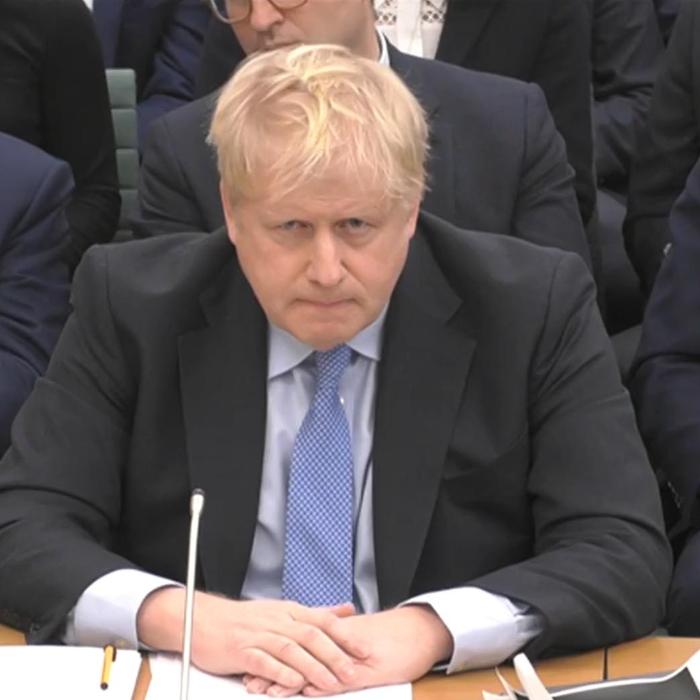The Welsh Government has vowed to make lying illegal for politicians ahead of the next Senedd election in 2026.
Under the framework of the proposed new law, members and candidates running for the Senedd can be disqualified for projecting false or misleading statements.
If all the linked legislative amendments had passed, it would have made it an offence for politicians in Wales to knowingly make a false or misleading statement.
While the amendments did not pass on this occasion, it came as no surprise.
The Epoch Times was told that hours before the debate, ministers had agreed to a deal which would see the “groundbreaking” legislation voted down from the Elections Bill at hand and reintroduced as a stand-alone bill.
Mick Antoniw, the Welsh Government’s counsel general, said the government “will bring forward legislation before 2026 for the disqualification of members and candidates found guilty of deliberate deception through an independent judicial process.”
Former leader of Plaid Cymru, Adam Price, said the announcement will be “globally pioneering.”
“We have a commitment from our government that our democracy will be the first in the world to introduce a general prohibition on deception by politicians.
‘Existential Threat’
During the parliamentary debate on Tuesday, Mr. Price said there has been a “collapse in trust” for politicians, in what he described as a “universal phenomenon across most democracies in the world.”He declared that democracy is facing an “existential threat.”
Mr. Price says we must address the small minority of “populist demagogues” who “deliberately distort the truth for their own political gain.”
A leading proponent for the first-of-its-kind legislation, Welsh Labour Member of Parliament for Llanelli, Lee Waters, said politics has “become darker” over the last eight years, referencing Brexit and leaders such as Donald Trump and Boris Johnson.
While supporting the legislation in general, Labour Member for Caerphilly, Hefin David, argued that criminalising political speech could be used as a “badge of honour” for people on both the hard right and hard left of the political spectrum.
Conservative shadow minister for Mental Health, Wellbeing and Mid Wales, James Evans, warned the parliament of “vexatious individuals,” who will try to exploit the new legislation.
“There are people of all political parties and all different groups who want to bring down democracy,” said Mr. Evans.
“Every single member could be subject to a vexatious complaint every time they stand up in this chamber, and they will all have to be investigated.
A Threat to Parliamentary Privilege
Alun Davies, Welsh Labour Minister for Blaenau Gwent, believes that “seeking to criminalise and taking this into a judicial environment takes politics out of politics.”Mr. Davies raised concerns over limiting the scope of parliamentary privilege. Rather, he commented that “[parliamentary] privilege should be expanded and should be deepened.”
A sentiment strongly echoed by Mr. Evans.
The Conservative shadow minister said it will take time to rebuild the lost public confidence in elected officials, but warned, if not considered carefully, the legislation as it was proposed on Tuesday could cause “real democratic damage to the Senedd.”
“I can stand here today, tomorrow and the next day and support and stand up for the constituents who I represent; I can express myself openly during Senedd debates and proceedings without the fear of libel or slander lawsuits.
“I don’t want to be looking over my shoulder every time I say something in here,” said Mr. Evans.
Due to the proposed legislation being returned for reworking, it is unclear at this stage if the laws being proposed will make lying a criminal offence or a civil sanction.







